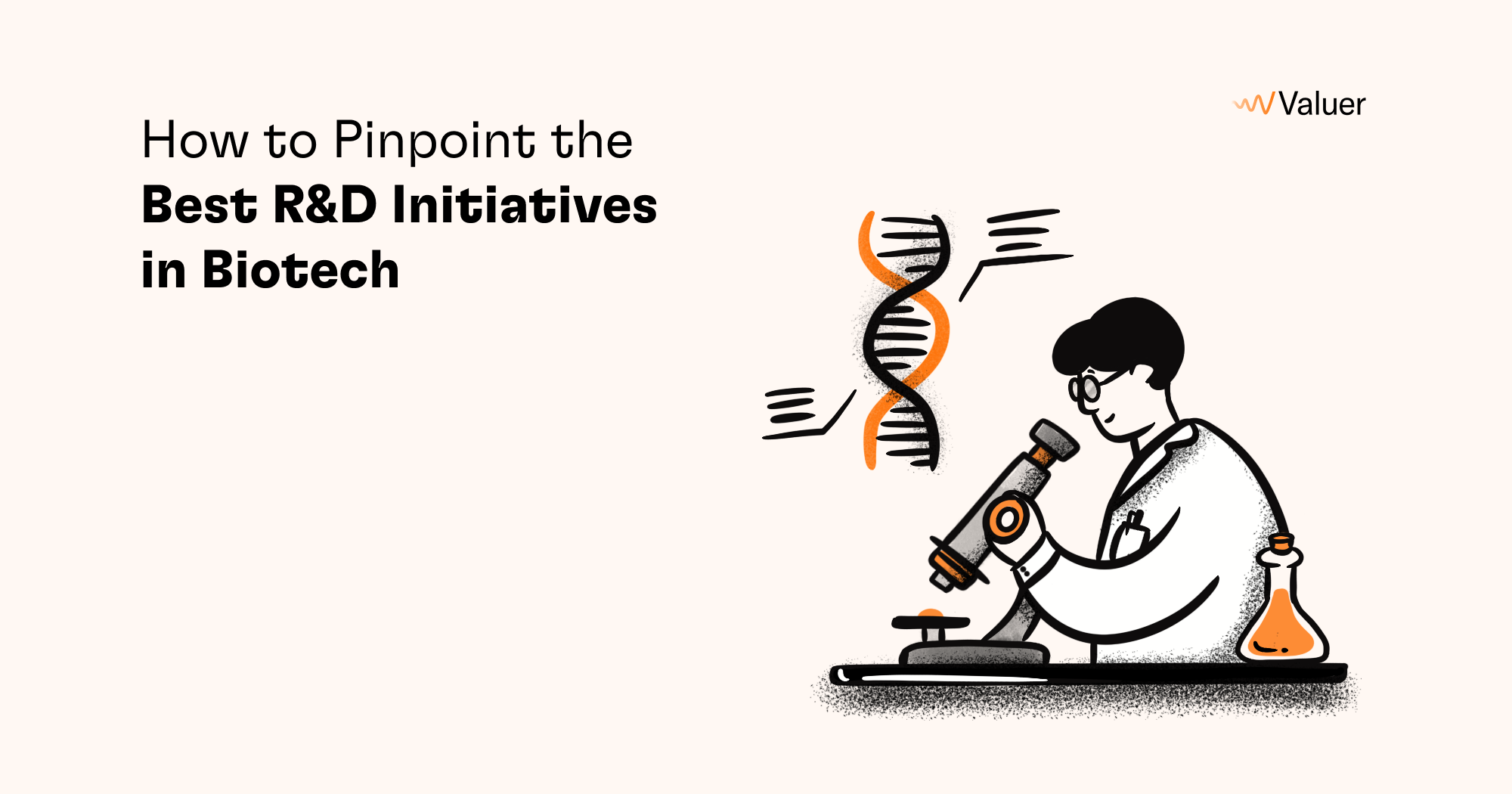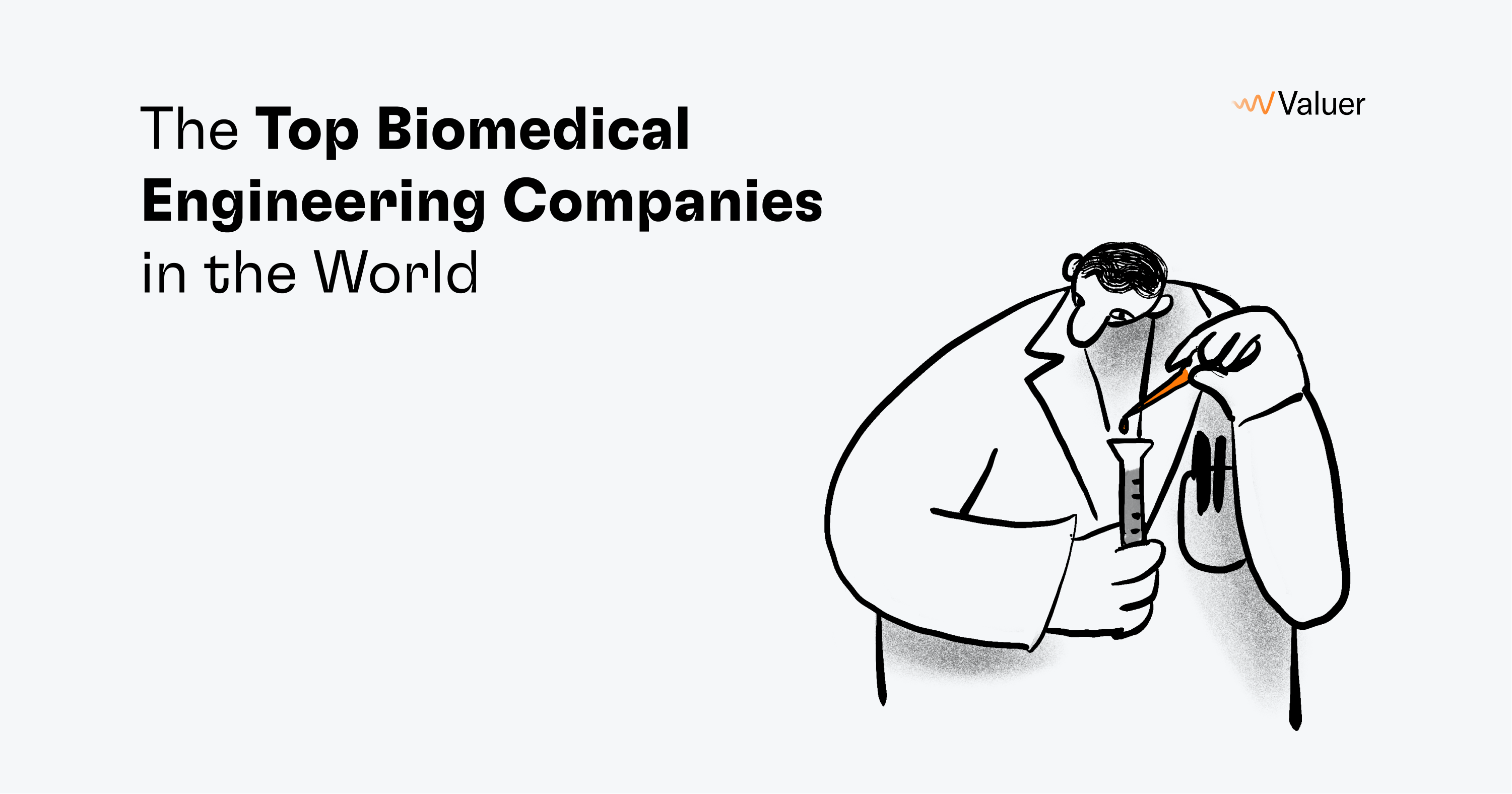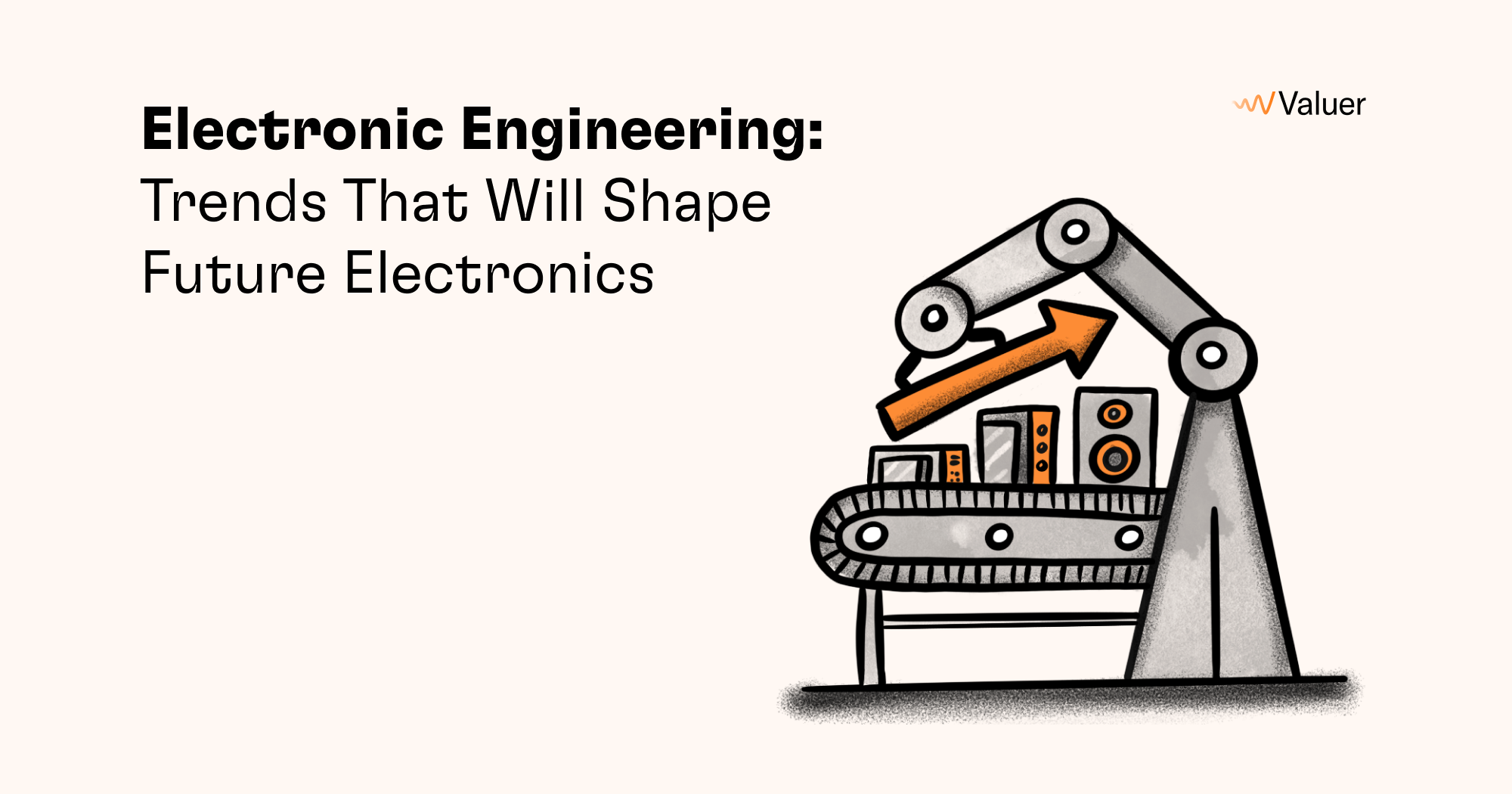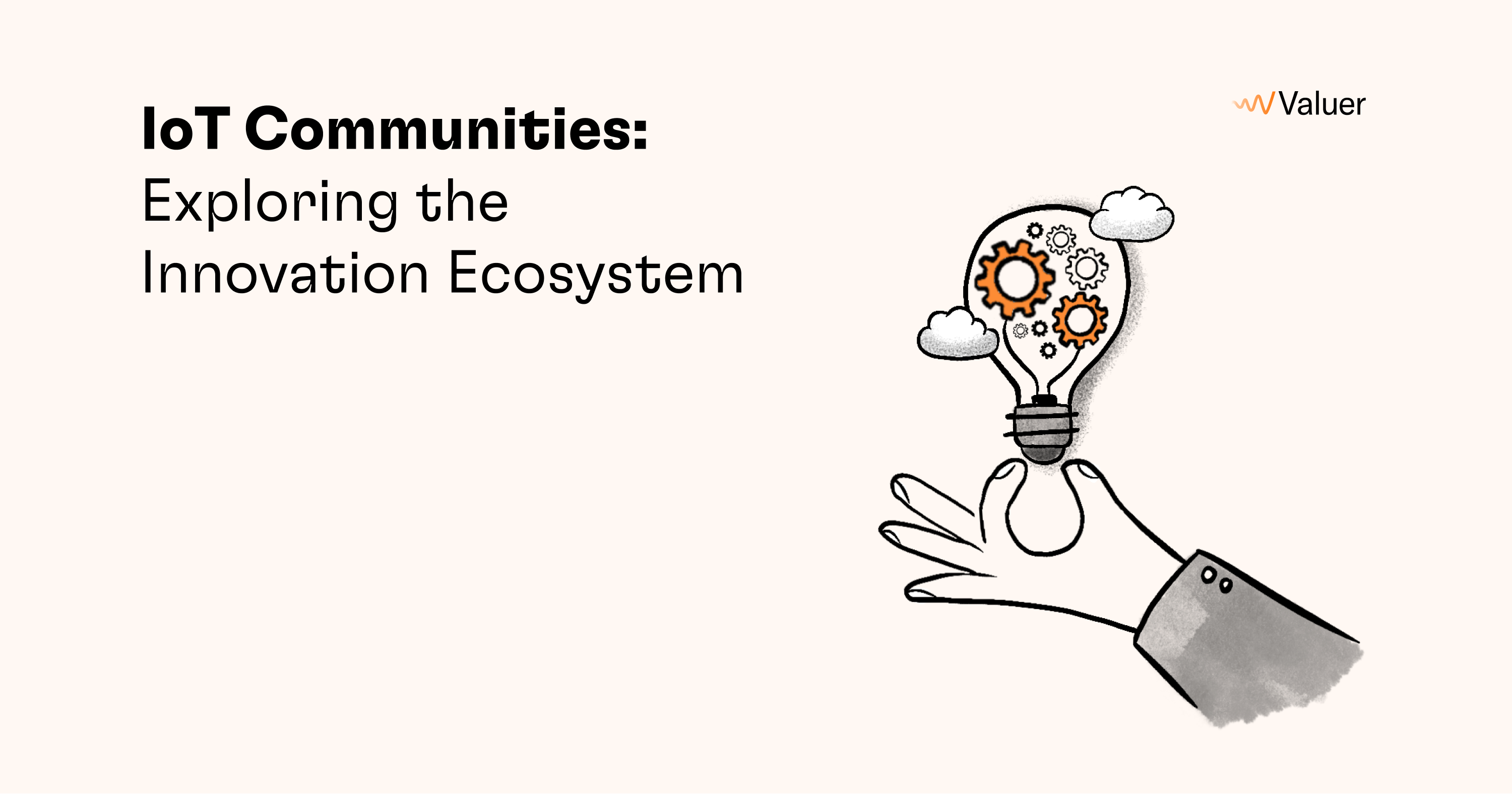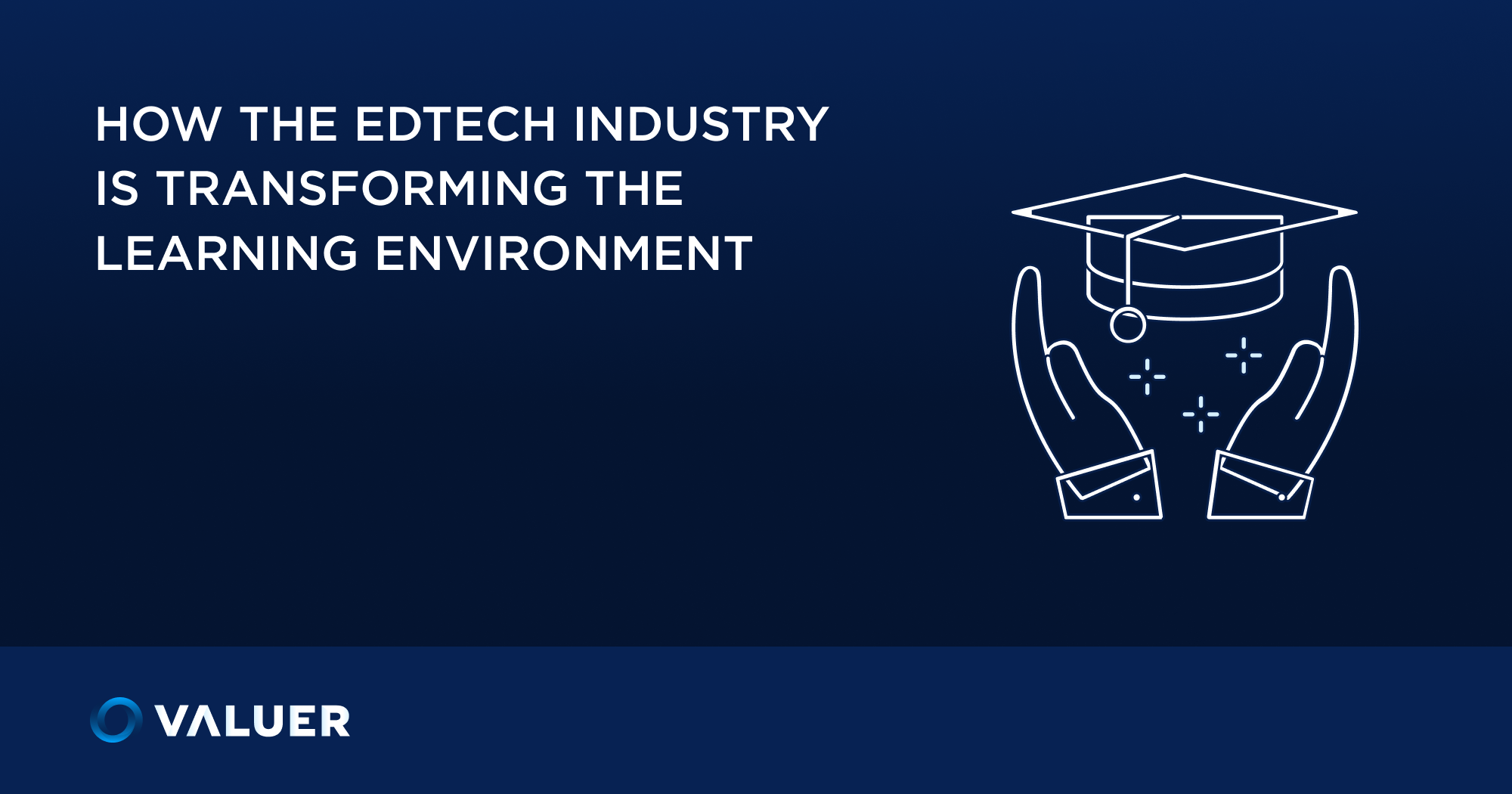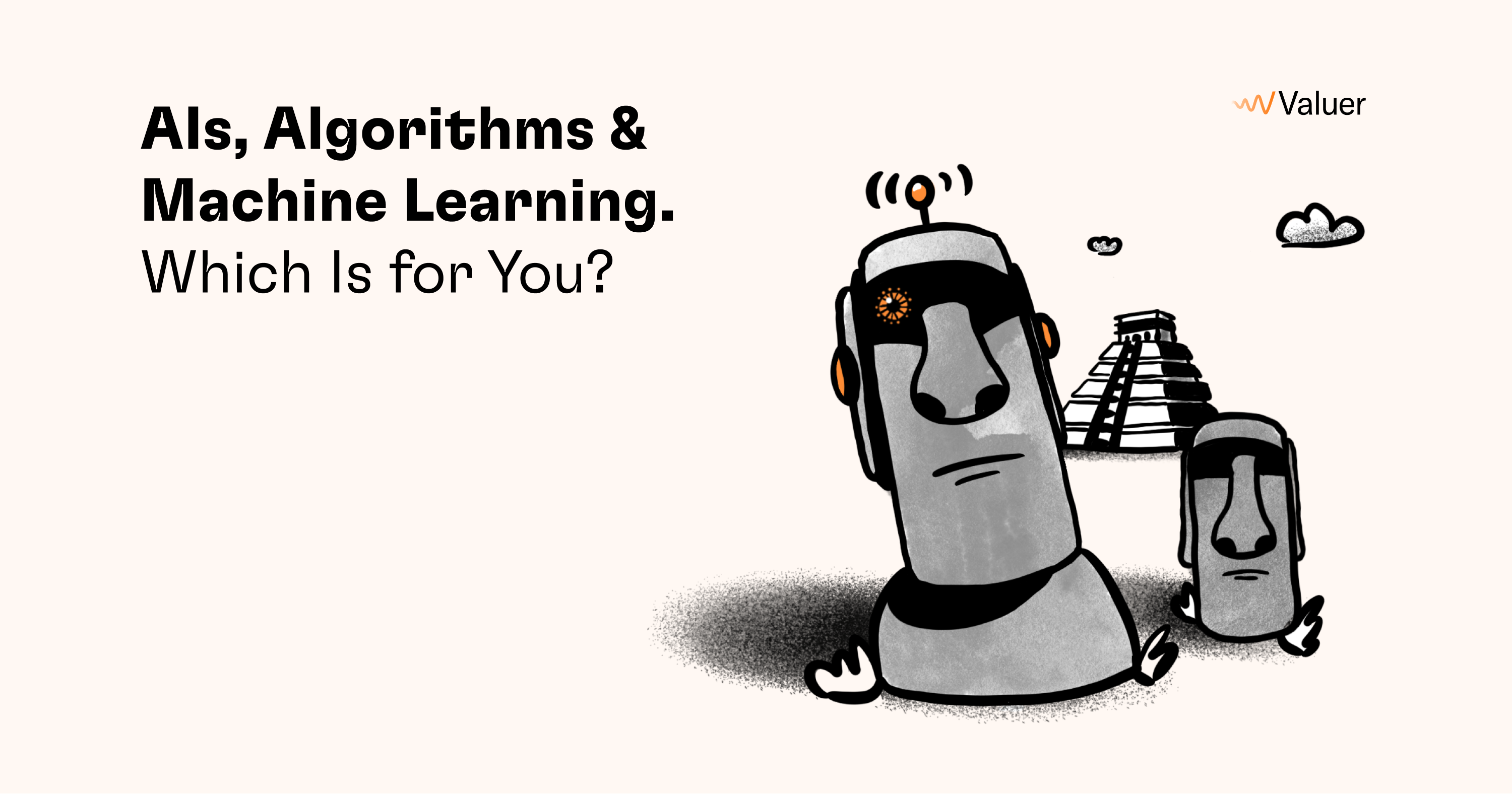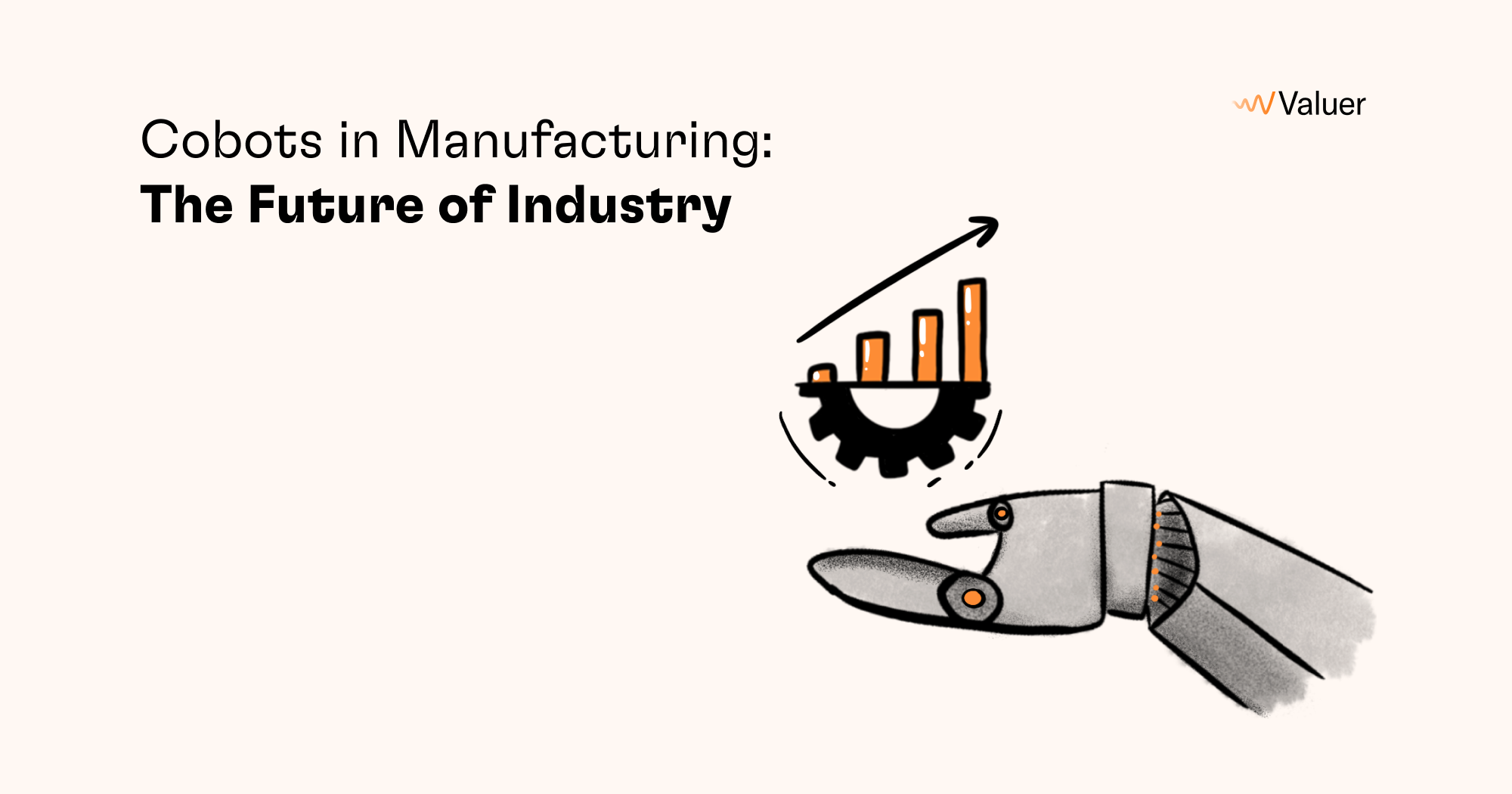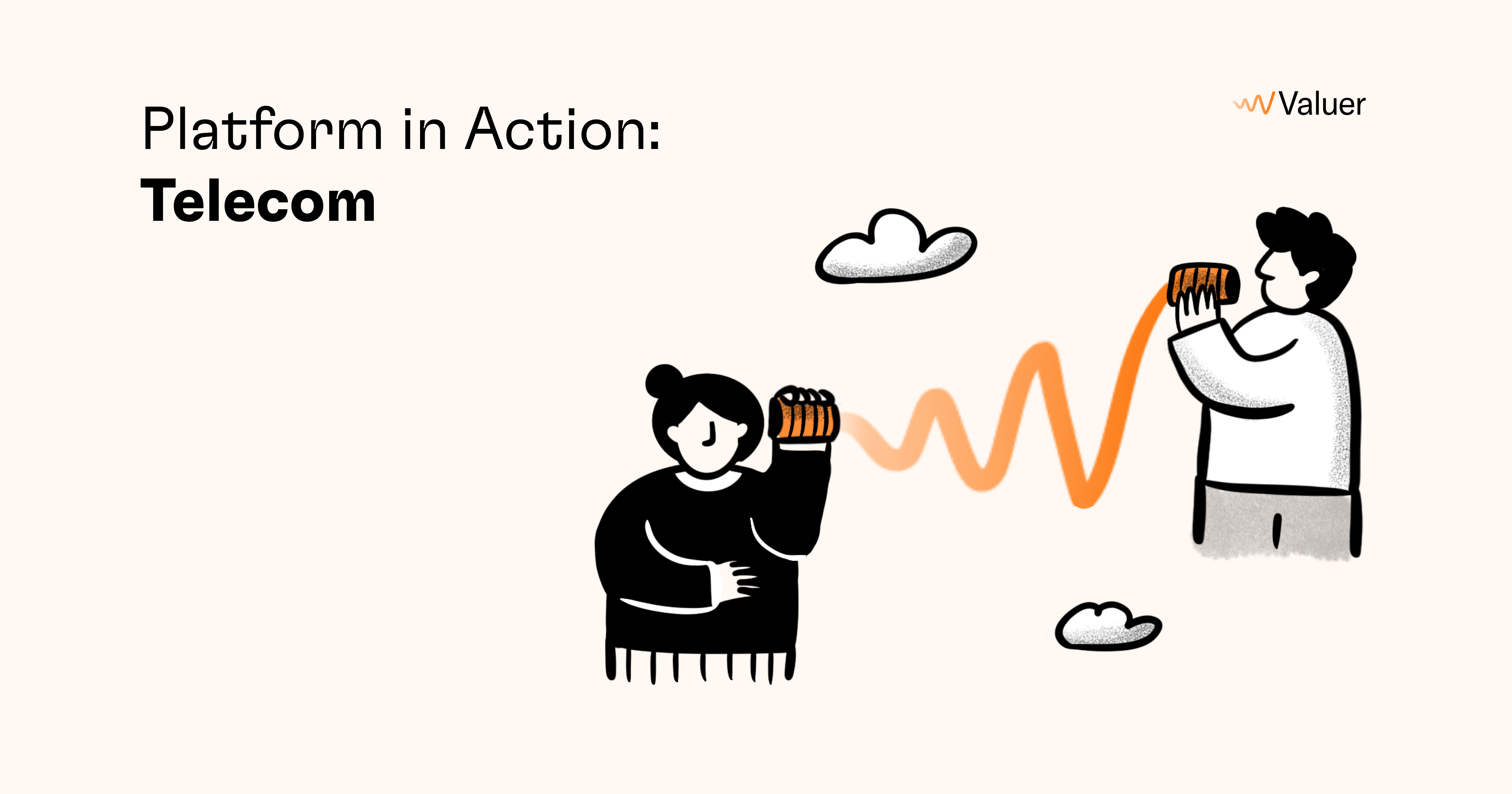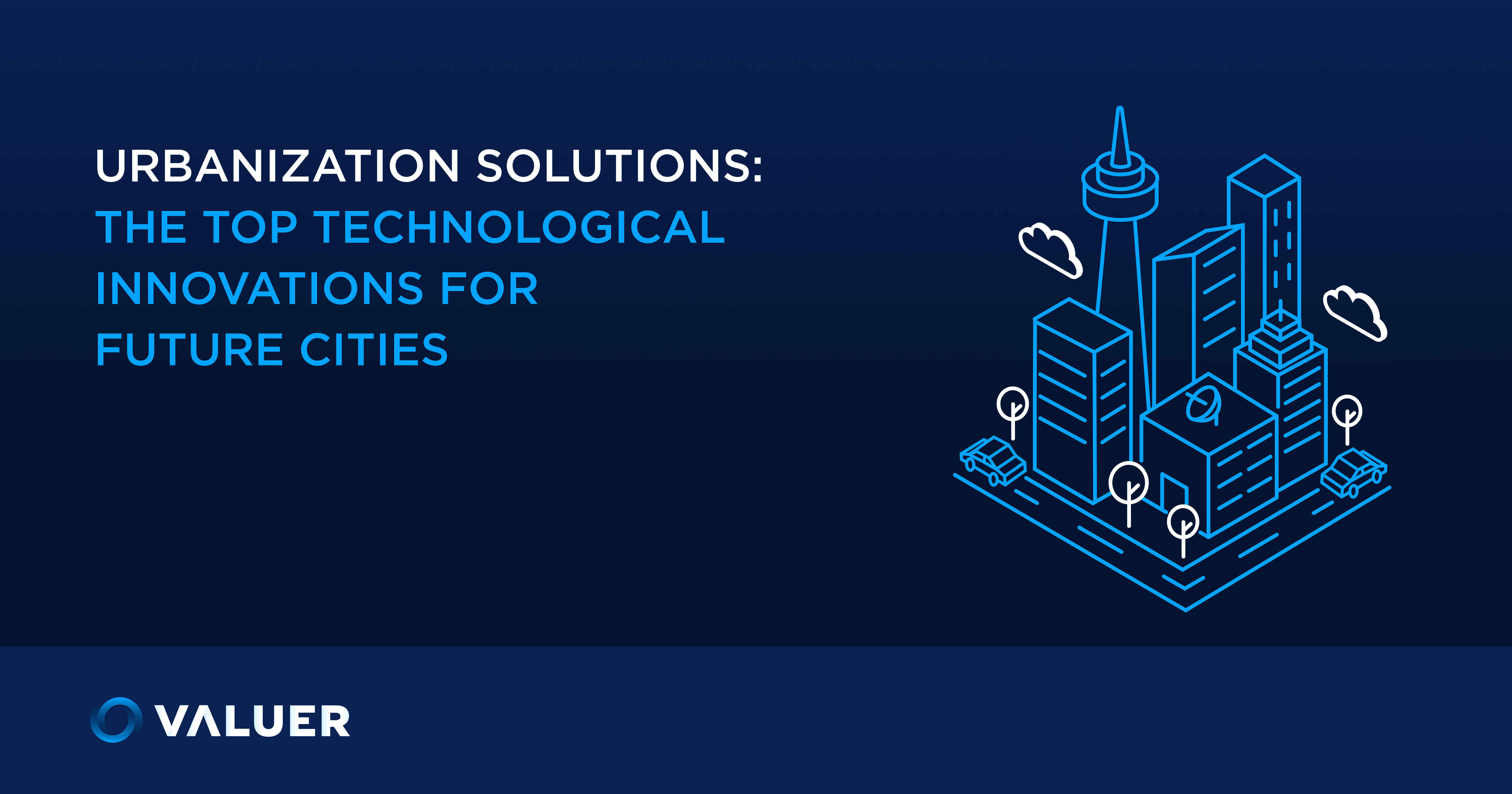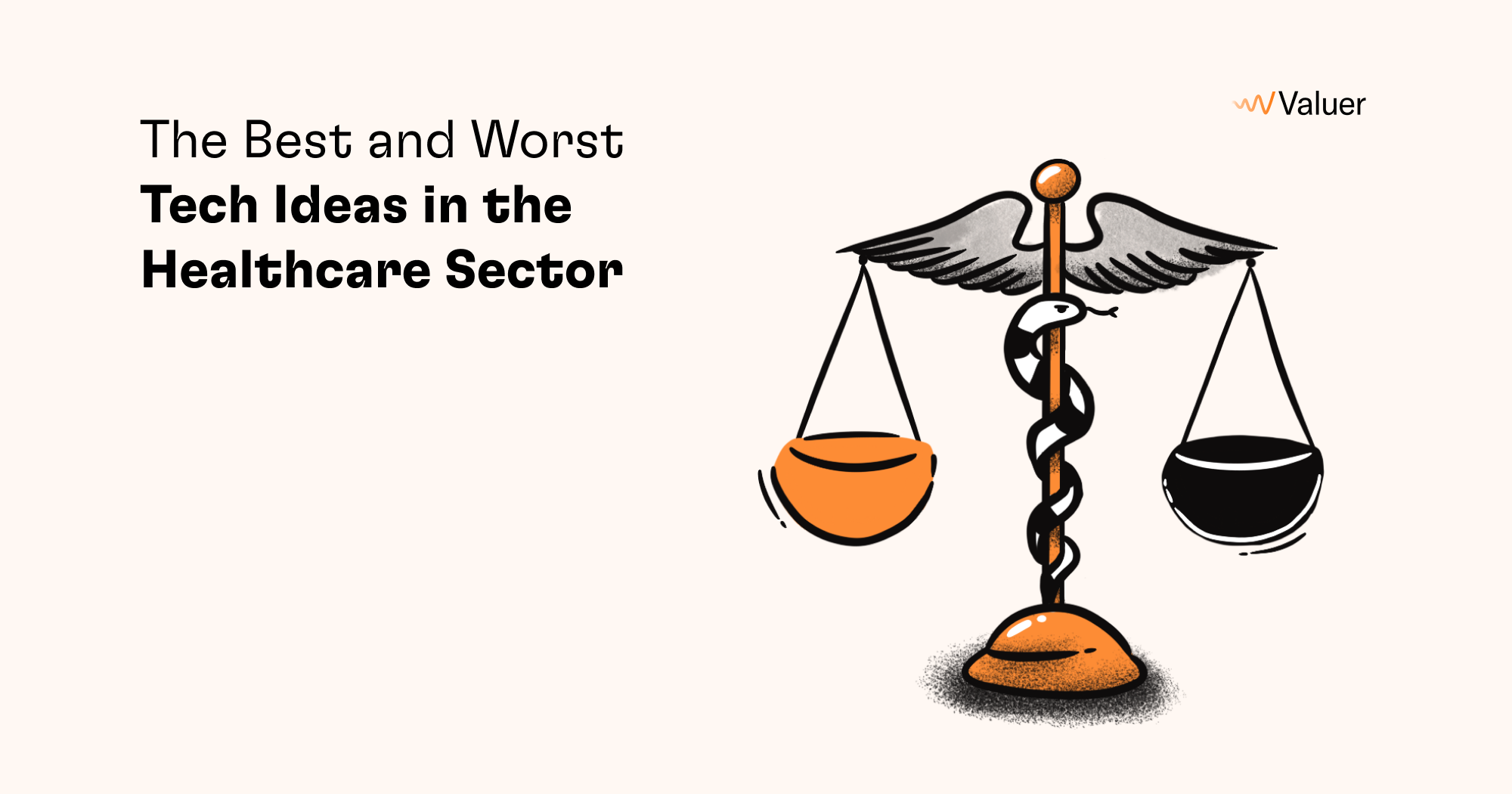*Updated September 2022
We live in a time when revolutionary technology trends transform the way medical professionals provide care. Groundbreaking innovations that will alter healthcare and biotech are heading our way. Artificial intelligence (AI), blockchain, wearable technologies, and telemedicine are just some of the technologies that have made significant headway.
The evolution of biotechnology and its impact on healthcare
We witnessed a large number of tech innovations related to healthcare and biotech. The innovations' main goals were to provide web and mobile experiences that save time, reduce human error, improve doctor-patient relationships, and lower costs. These technologies are finally putting the focus on preventing diseases instead of treating them.
The potential of these technologies is astounding. The global healthcare market is expected to reach $13.85 billion by the end of this year. Healthcare and biotech companies are pressed for time to implement a digital strategy in order to gain significant competitive advantages.
[Related article - The Top Biomedical Engineering Companies in the World]
To get a better understanding of the digitization of healthcare and biotech, let's take a look at the technologies transforming them.
.png?width=541&name=Article%20Image_%20The%20Evolution%20of%20Biotechnology%20(1).png)
Online healthcare
The modern consumer wants to receive services when they desire them. Due to their tight schedules, patients leverage the digital aspect of the healthcare industry to get on-demand care. As mobile devices account for more than 50% of overall web traffic, people also want to get healthcare services on their smartphones.
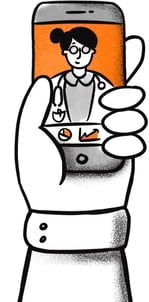
These trends have encouraged many entrepreneurs to create online marketplaces that connect patients to doctors. Such platforms enable medical workers to provide on-demand healthcare services to patients whenever they need them. Doctor on Demand and Amwell are examples of such companies. Another business model is Nomad Health, a startup that connects doctors and nurses to healthcare facilities for freelance online medical work.
Augmented and virtual reality (AR and VR)
If you told someone you could use something similar to a video game to treat various illnesses a decade ago, you'd probably get some concerned looks. Nowadays, AR and VR are widely used in medicine, including in the treatment of phobias, trauma, and other mental disorders.
Pain management is one of the most common uses. Estimations say that one in five people globally suffer from chronic pain, therefore every new solution is welcome. It looks like VR is helping these patients who believe that this is a better alternative than having to consume drugs. Moreover, Samsung Chief Medical Officer Dr. David Rhew stated that "you can decrease pain with VR by 52 percent" according to one of their studies.
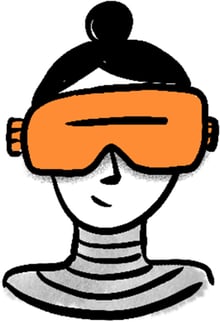
Besides the treatment of pain, VR technology is also used to treat post-traumatic stress disorder (PTSD), depression, anxiety, and even stroke. VR headsets can also help children with autism interact with the environment easily. Moreover, these devices have appeared as excellent motivator for people who want to start exercising.
Medical staff can also benefit from the implementation of VR and AR. For example, doctors can use VR glasses to study various medical topics and watch surgeries. Moreover, doctors can use AR Augmented reality may also be used to monitor anatomical constructs during live operations and learn the position of organs of the human body.
Many startups have begun developing VR-based products for the healthcare and biotech industries. In fact, according to Grand View Research, the global introduction of VR and AR into the healthcare market is projected to reach $5.1 billion by 2025. Applications such as surgery simulations, rehabilitation, patient care management, and diagnostic imaging drive the market. Some major industry players include Philips Healthcare, GE Healthcare, Hologic, Virtual Realities, etc.
Wearable medical tech
Wearable medical equipment consists of mobile tech devices that people can wear, such as Fitbits and smartwatches. They are created to capture specific health and fitness data from the people wearing them. These devices have been incorporated into our everyday lives so rapidly, that they are now considered to be mainstream. This is the result of the success of the wearable tech industry and consumers' desire to take control of their health.

One of the first things that come to mind when you hear about wearable medical devices is fitness trackers—wristbands that have sensors that monitor and notify about the wearer's health data, such as the number of calories burnt or heart rate. When integrated with a smartphone app, they can provide a lot of health and fitness recommendations.
Next, smartwatches have become trendy health tools. Not only do they count steps and show the time, but they also provide precious health-related information such as alerting the user when they are facing atrial fibrillation.
Wearable ECG monitors are even more technologically advanced than smartwatches, as they have the ability to produce electrocardiograms. Another device similar to a smartwatch is the wearable blood pressure monitor that adds blood pressure data to daily activity information like steps and calories.
The rising popularity of these devices has motivated many healthcare and biotech companies to invest in wearable healthcare devices. This allows healthcare professionals to monitor the health of high-risk patients and prevent major health events that could negatively impact them. They can also personalize the healthcare experience, provide insurance incentives, and gamify the healthcare experience.
The sector is expected to grow from $18+ billion in 2021 to $22.44 billion in 2022, though Bloomberg predicts a somewhat lower CAGR of 13.67% leading up to 2027 . Fitbit, Philips, Garmin, and LifeWatch are amongst the companies that have been leading the market.
Big data
Big data collects large amounts of data through various channels such as social media, transactions, online purchases, etc. The objective of this is to identify patterns and predict future actions by collecting data.
The healthcare & biotech industry collects patient data through body sensors that monitor health parameters and provide essential information about the patient's health. For example, clinical trials depend primarily on the data that is being collected throughout the entire procedure. Automating sensor data collection could significantly increase the chances of success of the clinical trial.
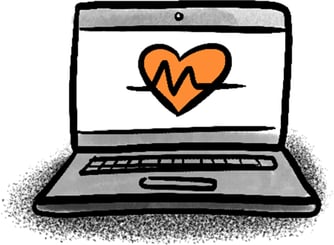
Next, big data can reduce the possibility of medication errors. Software that thoroughly analyses patient records can detect discrepancies between patient data and medication prescriptions. This can prevent health issues that could be caused by the wrong meds. Israeli startup MedAware has come up with a machine learning-based platform that identifies prescription errors before they occur.
As patients enter emergency departments, big data can help detect high-risk patients through predictive analytics. With this information, medical facilities can offer these patients customized care based on their problems.
Furthermore, one of the most apparent benefits of big data is the reduction of cost and waiting time. Hospitals can collect data about the number of patients coming to examinations. Hospitals can then assign personnel depending on those figures by estimating the admission rates for the following period.
Considering these advantages, healthcare and biotech organizations should invest in better data management. This includes finding analytics professionals who can crack the data to find points of vulnerability and help organizations get a better understanding of patient behavior.
Artificial intelligence (AI)
Although the human ability to interpret and make judgments remains superior in many ways, the amount of knowledge that it can process rapidly is still small. AI performs this action more quickly and powerfully to various degrees quicker than any human.
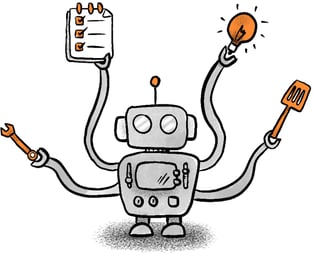
AI analyzes essential information to identify small and large trends and leverages machine learning to predict potential health outcomes. Machine learning algorithms teach computers to learn from data and make decisions based on it, requiring minimal or no human intervention.
Equipped with medical apps powered by specific analytics, healthcare professionals can accurately define risks, make precise diagnoses, and offer more adequate treatments to patients. This means that AI isn't just a digital transformation trend; it's an ultimate scientific advancement that can completely change the direction of healthcare. The global AI in the healthcare market is projected to exceed $99,491.58 million by 2027, registering a compound annual growth rate of 42.8% from 2020 to 2027.
Many startups have recognized the potential of the technology and started developing AI-based solutions for the healthcare and biotech industry. For example, Viz.ai is a stroke detection platform that leverages deep learning algorithms to detect and alert medical teams about suspected large vessel occlusion strokes.
Chatbots have also found an extensive use in healthcare. Mental health chatbots like Woebot and Wysa are very popular among young professionals who want to take care of their mental health but don't have time to visit a therapist. The global healthcare chatbots market is expected to reach $314.3 million by 2023.

The rise of AI in healthcare has also opened the doors for the implementation of robotics. For example, exoskeleton robots assist paralyzed patients in moving, helping them be independent of medical staff.
Furthermore, some studies have shown that AI can reduce drug discovery time by four years compared to the industry average and cut costs by 60%. Machine learning algorithms can help biotech companies significantly shorten the medicine development cycle.
[Related Article - 75 Insightful Facts About Artificial Intelligence]
Blockchain
Blockchain is a decentralized digital ledger where you can store information. Thanks to its encryption system, you can safely transfer ownership of units without the control of a bank or the government. In the healthcare industry, stakeholders can store and share their electronic health records without fearing that someone can misuse them.
Companies from the healthcare and biotech industries are investing large amounts of resources in this technology. Blockchain in the healthcare market is expected to surpass $3.49 billion by 2025. The report by Mordor Intelligence states that during the past few years, the healthcare industry has suffered many data breaches, making way for blockchain-based solutions. Microsoft, IBM, Gem, Patientory, and Guardtime Federal are named key players in the market.
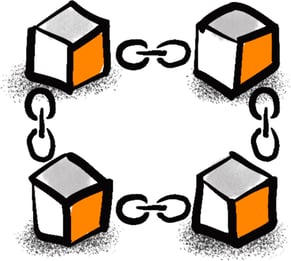
Besides the prevention of data breaches, blockchain can also improve the accuracy of medical records and significantly reduce costs. The problem of broken medical records is one of the most critical issues that blockchain technology solves.
As a result of healthcare digitization, we now have electronic health records that include all the patient's health information. They include the entire healthcare history of the patient, including diseases, treatments, and results. Moreover, electronic healthcare records contain the patient's personal information and financial data, which is very sensitive. That's why hackers often attack the electronic systems of medical facilities.
Blockchain solves this problem as the most secure way to transfer data electronically. Furthermore, it reduces the chances of errors like wrong diagnoses, inconsistencies, duplicates in medical records, etc.
Australia was one of the first countries to implement blockchain in its health system. Together with local startup Agile Systems, the Australian Department of Health started exploring secure medical record storage options.
A new wave of transformative medicine
Digital technologies are transforming the healthcare and biopharma industry. Increasing numbers of healthcare and biotech companies are considering taking this direction, given the importance of digital and data analytics in the sector.
There is a large number of emerging opportunities — like evaluating potential study objectives, utilizing predictive analytics in clinical trials, and using the information to create more efficient systems and innovative services that empower core stakeholders entirely by delivering value.
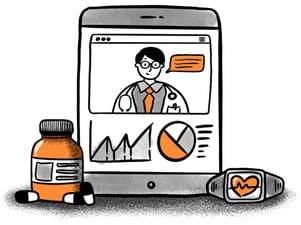
The digitization of the healthcare and biotech industry opens up new channels, including on-demand healthcare and smartphone apps, which hold the opportunity to raise the top line and reduce costs. The new technologies are also transforming R&D and operations, creating new opportunities for disruptive solutions that give patients better control over their health.
These innovations provide enormous potential by offering billions of people quality healthcare and enabling existing health facilities to fulfill ever-increasing demands. Organizations within the healthcare and biotech industry have to analyze the implication of these technologies on their operations. More importantly, they have to invest in emerging solutions to maintain profitability and competitiveness. It will be interesting to see how these companies take direction with these new technological advancements now and in the future.
How we can help
In order to identify the best, most relevant emerging solutions that will add value to their portfolios, companies must search for ways to scan the sea of startups and small businesses that are making ripples in the industry.
Valuer utilizes a data-driven process that facilitates easier and more comprehensive decision-making for any company. Specifically, Valuer optimizes the goals of innovation and research by fast-tracking your access to the right industry insights, technologies, and companies.
Integrating our platform into your research process - both to discover industry or market trends and to find startups or technologies - will cut time and cost for the team, all the while giving your business a competitive edge. Don't take our word for it - try the platform out, it's free.

